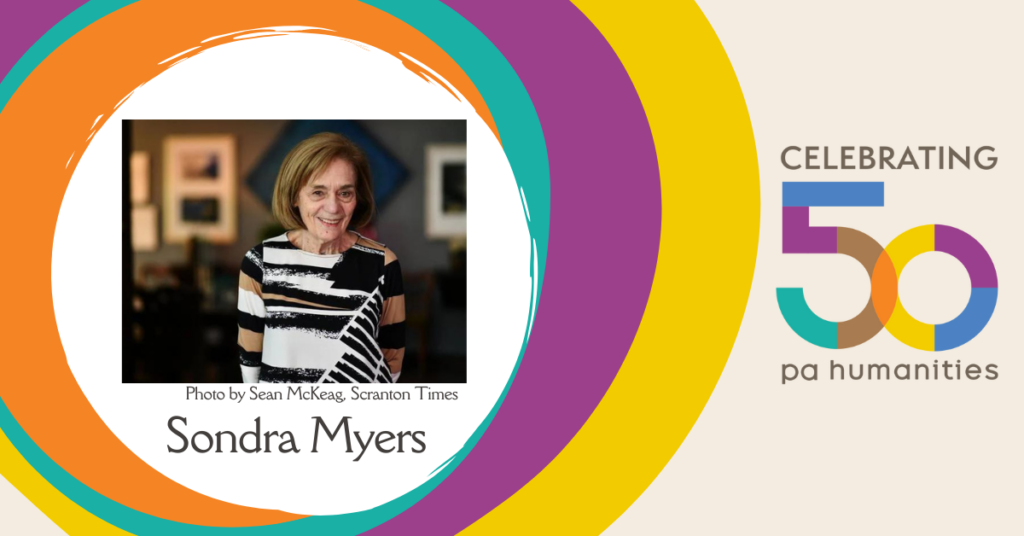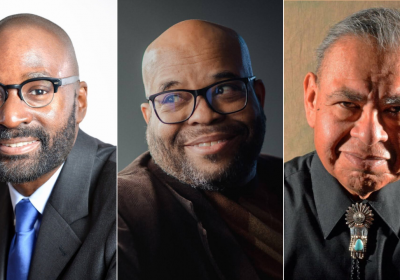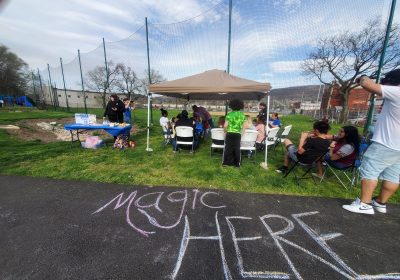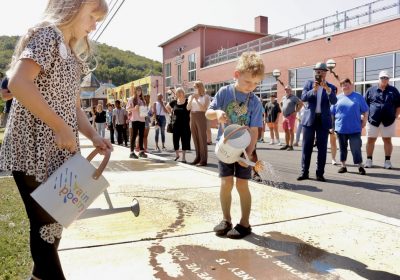As we celebrate our 50 years of championing the humanities throughout the state, we’ll be spotlighting some of the people who’ve joined us along the way and contributed to the cause through their donations, time, energy, skills and creativity.
This month, we spoke with past chair Sondra Myers, who first served on the PA Humanities board from 1974 through 1978, then for a second term as board chair from 1981 through 1984. Myers also served as special assistant to the chairman at the National Endowment for the Humanities, and prior to joining the NEH staff served from 1987 to 1993 as cultural advisor to Pennsylvania Governor Robert P. Casey. This past spring, she stepped down from her role as founding director of the University of Scranton’s popular Schemel Forum, which for 17 years has brought notable thinkers to the city for discussions on everything from geopolitics to history to literature.

Can you share the impact that PA Humanities has had on you?
PA Humanities brought me into a world that I felt I belonged in. As a true believer in the liberal arts, it was an intellectual home for me. I got into the humanities in college and that’s where I felt I belonged, in the world of the humanities. That was the beginning of finding a place for myself and I loved it. I thought it was the best thing for me.
As we celebrate PA Humanities’ 50th anniversary, what message would you like to share with those who’ve been part of the journey so far and/or those who will be joining the movement in the years to come?
I guess I can just say how much it meant to me. Of course I always liked the idea of expanding the clientele of the humanities to communities. I thought that was an important move. Bringing people in and giving them the chance to think about ideas and issues adds to the life of the people who come in and their communities.
How do you see the role of PA Humanities and its importance to the future of Pennsylvania?
You always want more free-thinking people in Pennsylvania. People who have informed opinions and ideas make things better for their communities. When you look at some of the things that are happening here, we need to be even more involved in getting people in places where they can help their communities.

![[color – dark bg] PA SHARP FINAL FILES DB 72dpi [color - dark bg] PA SHARP FINAL FILES DB 72dpi](https://pahumanities.org/uploads/files/elementor/thumbs/color-dark-bg-PA-SHARP-FINAL-FILES-DB-72dpi-phgl7aimtfdpzt2rscvl43ksfv3asbbls19lsvuacw.jpg)


